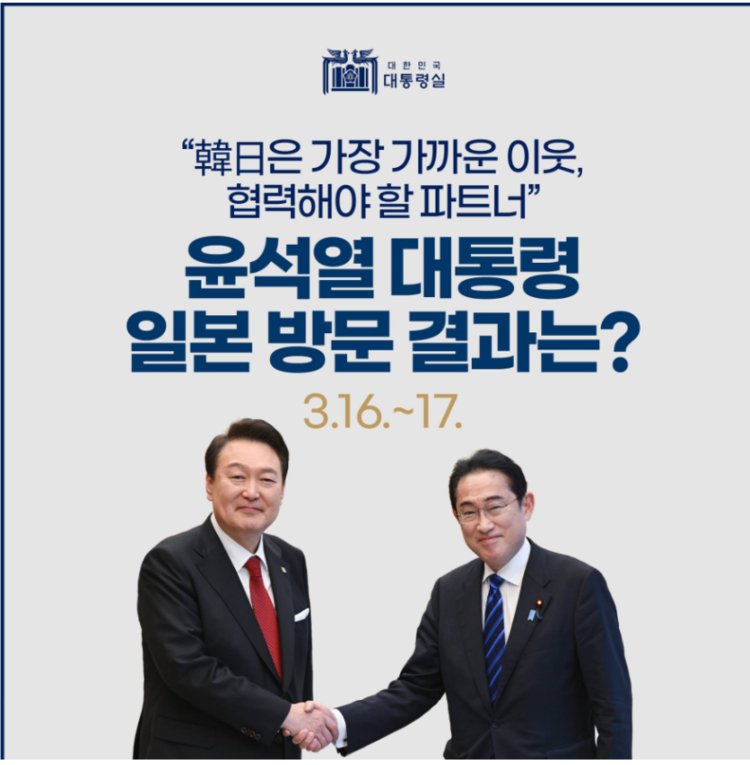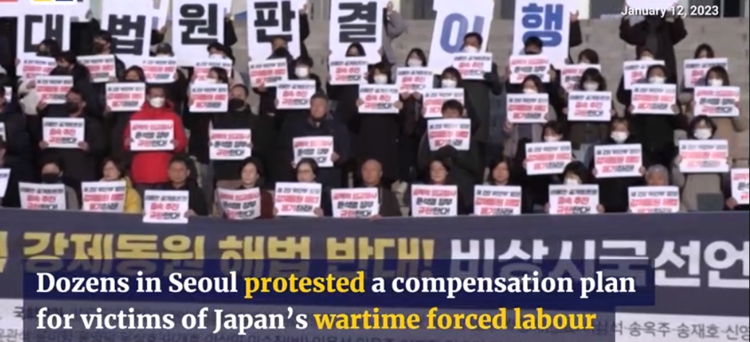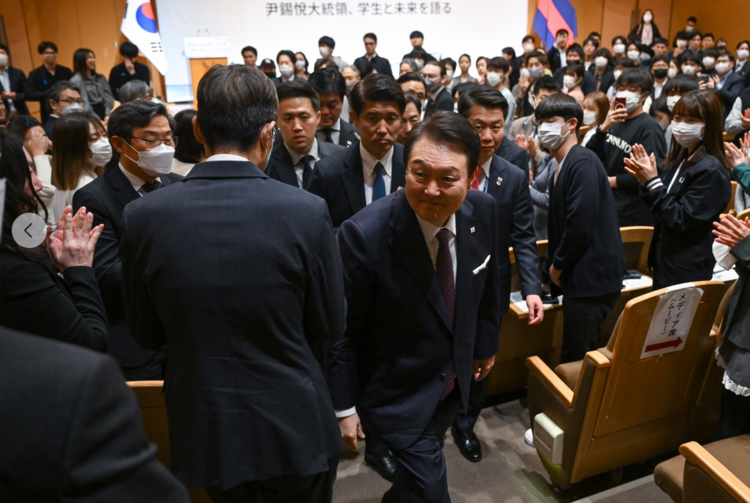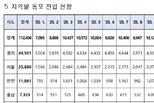
Newsnomics AJAY ANGELINA reporter |South Korea and Japan’s meaningful step toward a future-oriented
rel ationship between the two nations has left President Yoon Suk Yeol in a political bind at home as his government was facing the criticism after the announcement of Japan's wartime forced labor plan since March 6, 2023.
President Yoon After his return from Japan on Friday, faces a strong backlash from civic groups, opposition
politicians and the surviving victims of Japan's wartime forced labor who call his bid to recover the frayed
bilateral ties a "humiliating" concession.
The streets were crowded with thousands of protesters in front of City Hall, Seoul on Saturday March 17,
criticizes the government’s attempt to resolve the compensation issue of the Japanese wartime forced labor
through raising fund by the Korean public foundation instead of seeking payment from Japan.

Rep. Lee Jae-Myung, chairman of the main opposition Democratic Party of Korea (DPK) said, “Korea-Japan
summit was the most embarrassing and disastrous in South Korea’s diplomatic history.”
Lee, accused the administration of choosing to be "a servant of Japan" while ignoring the tears of the victims.
Lee said, "Despite the stated opposition of the victims, the Yoon administration is pushing ahead with its third-party solution. No matter how illegal, how unconstitutional, how nonsensical, it will push for the deal, if it can appease Japan.
Isn't this a humiliating attitude?" he asked the Yoon’s government.
Rep. Lim O-kyeong, a spokeswoman for the DPK, by citing the Japanese media on Sunday released a state-
ment claiming that Yoon had discussed wartime sex slavery and Dokdo ― two other major obstacles to the
two countries' relations ― with his Japanese counterpart and hid it from the public. She accused the president Yoon of lying.”
Although Foreign Minister Park Jin, in an interview with KBS denied the Japanese media reports and said the
two issues were "not among the topics on the agenda."
Not only that there was a crowd of protesters at the front of presidential home on March 16 to oppose the
visit of South Korean President Yoon Suk Yeol to Japan.
It is not clear how much any backlash will hurt Yoon, as his approval rating is relatively low – just 33%,
according to the Gallup poll Korea released on Friday .

Contrary to the opposition's stance, the presidential office mentioned the bilateral summit as a success that
opens a new era of strong ties between the two countries, saying its solution was backed by the United
Nations, European Union, the United States and several other countries as well as 20 major institutions includ-
ing the American Chamber of Commerce in Korea.
At the bilateral summit, Yoon and Kishida agreed to increase cooperation in security, economy and culture
among other areas. Prior to all is Japan's export restrictions on Korea and normalizing the two countries' inte-
lligence-sharing pact, known as the General Security of Military Information Agreement (GSOMIA), as soon as possible.
Japanese media reported, the new “shuttle diplomacy” could include Kishida inviting Yoon to the G7 summit
in Hiroshima in May and then visiting Seoul.










